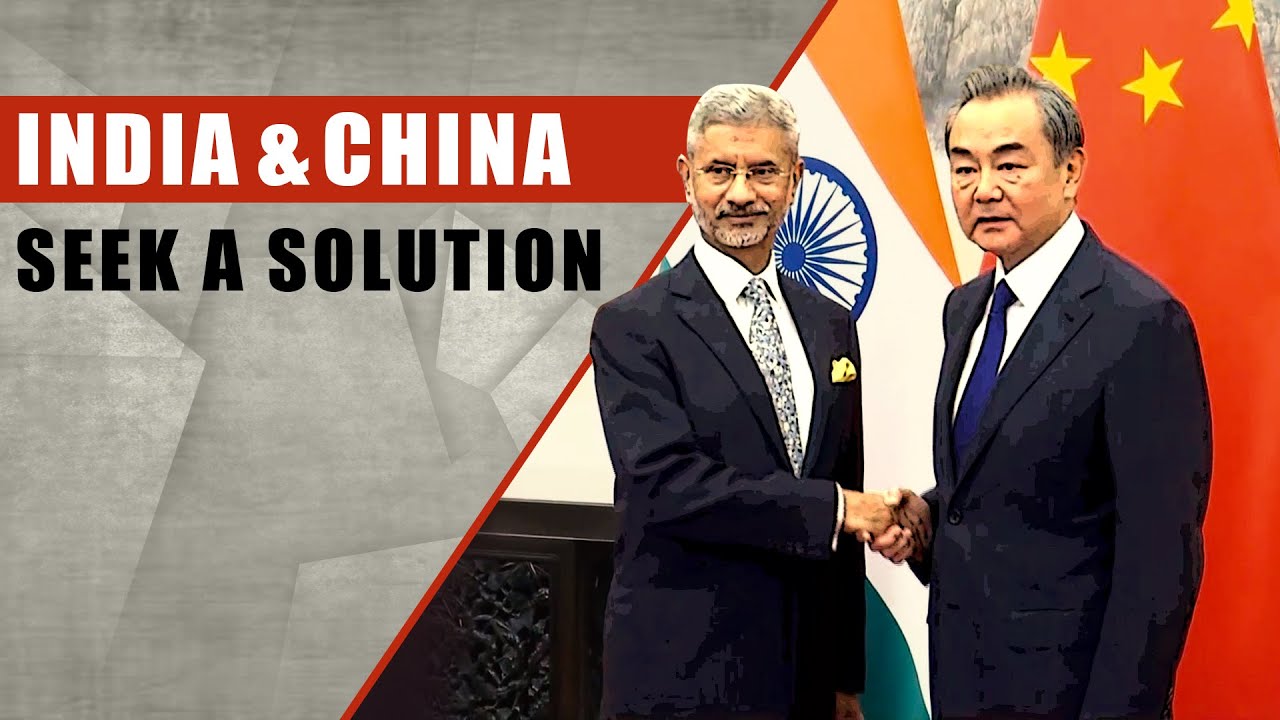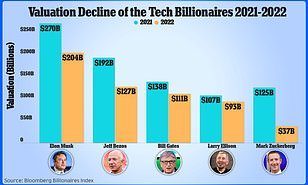Car Dealers Renew Opposition To EV Mandates: Industry Fights Back

Table of Contents
Concerns Regarding Consumer Demand and Readiness for EVs
The widespread adoption of electric vehicles hinges on consumer acceptance, yet several key factors are currently hindering this process. Dealerships are vocal in their concerns, highlighting the following critical issues:
Limited EV Infrastructure
Many potential EV buyers are hesitant due to range anxiety and a lack of reliable charging infrastructure. This infrastructure gap is a major obstacle to widespread EV adoption.
- Insufficient public charging stations: The number of public charging stations, particularly fast-charging stations, is insufficient to meet the demands of a large-scale EV transition.
- Long charging times: Even with fast chargers, charging times can be significantly longer than refueling a gasoline car, creating inconvenience for drivers.
- Uneven geographical distribution of chargers: Charging stations are often concentrated in urban areas, leaving drivers in rural regions with limited options.
- Lack of fast-charging options in many areas: The absence of widespread fast-charging networks further exacerbates range anxiety and limits the practicality of long-distance travel in EVs.
Dealers argue that promoting EV adoption without addressing these infrastructural limitations is unrealistic and will harm consumer trust in electric vehicles. A robust and reliable charging network is paramount for consumer confidence.
High Purchase Price and Affordability Issues
The initial cost of EVs remains significantly higher than comparable gasoline-powered vehicles, creating a significant barrier to entry for many consumers.
- Higher upfront cost: The higher battery costs and advanced technology contribute to the significantly higher purchase price of EVs compared to ICE vehicles.
- Limited government incentives in some regions: While some governments offer incentives like tax credits and rebates, these are often insufficient to make EVs truly affordable for a broad range of consumers.
- Lack of affordable used EV options: The used EV market is still developing, leaving limited options for budget-conscious buyers.
Dealerships emphasize the need for more affordable EV options and stronger government incentives to stimulate wider adoption. Addressing affordability is critical to ensuring EVs are accessible to the mass market.
Consumer Perception and Misinformation
Misconceptions about EV performance, charging time, and maintenance contribute to consumer hesitancy.
- Range anxiety: The fear of running out of battery power before reaching a charging station remains a significant concern for many potential EV buyers.
- Myths about charging speeds and battery life: Misinformation about charging times and battery lifespan can deter consumers from considering electric vehicles.
- Lack of consumer education on EV benefits and technology: Many consumers lack a clear understanding of the advantages of EVs and the technological advancements in battery technology and charging infrastructure.
Dealers suggest a comprehensive public awareness campaign to address these misconceptions and build consumer confidence. Educating consumers about the benefits and dispelling common myths is vital for overcoming this hurdle.
Challenges Faced by Car Dealerships in Adapting to EV Sales
The transition to EVs presents significant challenges for car dealerships, requiring substantial investments and adjustments to their operations.
Investment Costs in Infrastructure and Training
Preparing dealerships to effectively sell and service EVs requires significant investments.
- High cost of installing charging stations: Dealerships need to invest in charging infrastructure to accommodate EV sales and service needs.
- Need for specialized EV mechanic training: Servicing EVs requires specialized knowledge and training, increasing the cost of maintaining a skilled workforce.
- Investment in diagnostic tools: Advanced diagnostic tools are needed to effectively service the complex technology found in electric vehicles.
Smaller dealerships may struggle to meet these financial demands, potentially leading to business closures or decreased competitiveness. Government support and financial assistance may be necessary to ease this transition for smaller dealerships.
Inventory Management and Supply Chain Issues
Fluctuations in EV supply and demand create inventory challenges.
- Inconsistent production of EVs: Production volumes of EVs are still somewhat unpredictable, leading to supply chain disruptions.
- Unpredictable demand patterns: The demand for specific EV models can fluctuate, making inventory management a significant challenge for dealerships.
- Logistical challenges in transporting EVs: Transporting EVs can be more complex than gasoline vehicles, leading to additional logistical challenges.
- Potential for stockouts or overstocking: The unpredictable nature of EV demand makes it difficult to accurately forecast inventory needs.
Dealers highlight the need for a stable and predictable supply chain to effectively manage EV inventory. Streamlining logistics and improving production planning are crucial for alleviating these challenges.
Changes in Sales Processes and Customer Service
Selling EVs requires different sales strategies and customer service approaches.
- Need for specialized sales training on EV technology: Sales staff needs comprehensive training on EV features, charging infrastructure, and government incentives.
- Addressing consumer concerns about charging and range: Sales staff must be equipped to effectively address consumer concerns about range anxiety and charging infrastructure.
- Educating customers on government incentives: Dealerships play a key role in informing customers about available government incentives and rebates.
Dealers are requesting increased support and resources to effectively adapt their sales processes to the EV market. Effective training programs and comprehensive support from manufacturers are crucial for success.
Alternative Solutions and Policy Suggestions from the Dealerships
Dealerships advocate for a more collaborative and phased approach to EV adoption, suggesting the following:
Phased Implementation of EV Mandates
Dealerships advocate for a gradual transition to EVs, allowing the market to adapt organically.
- Setting incremental targets for EV adoption: Gradually increasing the percentage of EVs required for sale over time allows the market to adjust to the changes.
- Prioritizing infrastructure development: Investing heavily in charging infrastructure before implementing stringent EV mandates is crucial.
- Providing ongoing support for dealerships: Financial and training support for dealerships during the transition is crucial for their continued viability.
This phased approach would mitigate some of the immediate challenges faced by dealerships and ensure a smoother transition for the industry and consumers.
Focus on Consumer Education and Incentive Programs
Addressing consumer concerns and promoting wider adoption through targeted incentives is vital.
- Public awareness campaigns: Comprehensive campaigns to educate consumers about the benefits and dispel misconceptions about EVs.
- Tax credits and rebates: Generous financial incentives to make EVs more affordable for a broader range of consumers.
- Subsidized charging infrastructure: Government support to build out a robust and reliable charging network.
- Longer-term financing options: Making EVs more accessible through flexible financing plans.
A multi-pronged approach focusing on education and incentives can drive greater demand for EVs.
Collaboration Between Government, Industry, and Consumers
A collaborative effort is crucial for accelerating the transition to sustainable mobility.
- Open dialogue between stakeholders: Open communication and collaboration between government, industry, and consumer groups are essential.
- Joint initiatives to improve EV infrastructure: Collaborative efforts to expand charging infrastructure and improve its reliability.
- Shared responsibility for consumer education: Shared responsibility between stakeholders for educating consumers about EVs.
A unified approach will be crucial for the successful implementation of EV policies and technologies.
Conclusion
Car dealerships' renewed opposition to EV mandates highlights the significant challenges facing the industry in adapting to this rapid technological shift. Concerns about consumer readiness, financial burdens, and infrastructural limitations are substantial and require careful consideration. A collaborative approach involving government, dealerships, and consumers is crucial for achieving a smooth and successful transition to electric vehicles. Finding a balance between environmental goals and economic realities through a phased implementation and increased investment in infrastructure and consumer education is essential for the future of EV adoption and the success of the automotive industry. Ignoring these concerns regarding EV mandates could lead to unintended consequences, hindering the progress of sustainable transportation. Open dialogue and realistic policies are necessary to navigate this transition effectively. Let's work together to create a future where EV adoption benefits both the environment and the economy.

Featured Posts
-
 Trumps D C Prosecutor Choice Jeanine Pirro
May 09, 2025
Trumps D C Prosecutor Choice Jeanine Pirro
May 09, 2025 -
 Golden Knights Blank Jackets 4 0 Behind Hills 27 Save Performance
May 09, 2025
Golden Knights Blank Jackets 4 0 Behind Hills 27 Save Performance
May 09, 2025 -
 U S And China Seek Trade De Escalation A Look At This Weeks Discussions
May 09, 2025
U S And China Seek Trade De Escalation A Look At This Weeks Discussions
May 09, 2025 -
 Is Benson Boone Copying Harry Styles The Singer Responds
May 09, 2025
Is Benson Boone Copying Harry Styles The Singer Responds
May 09, 2025 -
 Vu Viec Bao Mau Danh Tre O Tien Giang Cong Dong Can Chung Tay Bao Ve Tre
May 09, 2025
Vu Viec Bao Mau Danh Tre O Tien Giang Cong Dong Can Chung Tay Bao Ve Tre
May 09, 2025
Latest Posts
-
 How Much Wealth Did Musk Bezos And Zuckerberg Lose After Trumps Inauguration
May 10, 2025
How Much Wealth Did Musk Bezos And Zuckerberg Lose After Trumps Inauguration
May 10, 2025 -
 Hurun Report 2025 Elon Musks Billions Reduced But Maintains Top Spot
May 10, 2025
Hurun Report 2025 Elon Musks Billions Reduced But Maintains Top Spot
May 10, 2025 -
 Hurun Global Rich List 2025 Elon Musks Net Worth Takes A Hit Still Worlds Richest
May 10, 2025
Hurun Global Rich List 2025 Elon Musks Net Worth Takes A Hit Still Worlds Richest
May 10, 2025 -
 Examining The Relationship Between Us Economic Performance And Elon Musks Net Worth
May 10, 2025
Examining The Relationship Between Us Economic Performance And Elon Musks Net Worth
May 10, 2025 -
 Elon Musks Wealth A Study Of Us Economic Influence On Teslas Success
May 10, 2025
Elon Musks Wealth A Study Of Us Economic Influence On Teslas Success
May 10, 2025
